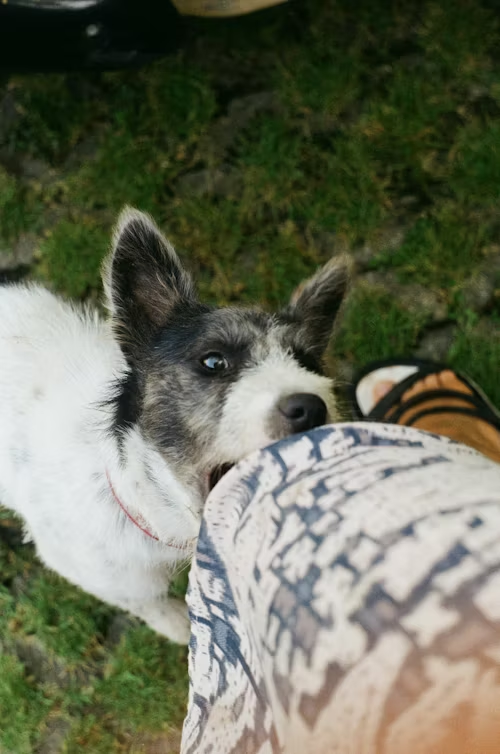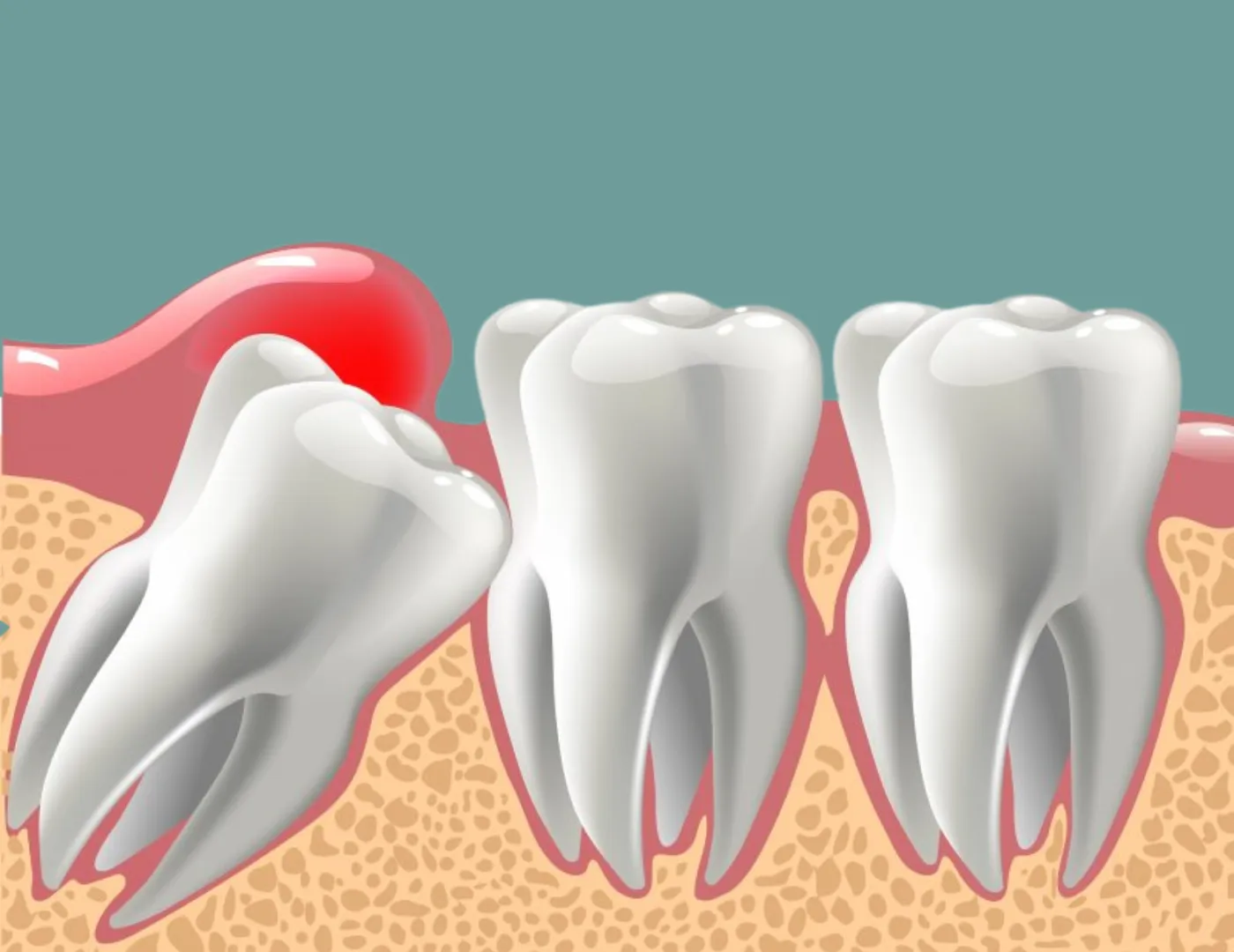We’ve all heard the saying that a dog is a man’s best friend, but what happens when that friendship takes a painful turn? A dog bite can be a frightening experience, leaving you with physical injuries, emotional stress, and a list of questions about what to do next. Knowing what actions to take immediately after a dog bite can make all the difference in your recovery and legal protection.
Assessing the Severity of the Bite
Not all dog bites are created equal. Some may be superficial, while others penetrate deeply, causing significant injuries. The first step is to assess the severity of the bite. Look for signs of bleeding, swelling, and any visible damage to the skin and surrounding tissue. If there is excessive bleeding or if the wound appears deep, seek medical attention immediately.
A thorough assessment will help you determine the urgency of medical care. Even if the bite seems minor, it’s always a good idea to consult with a healthcare professional. They can provide guidance on whether stitches or antibiotics are necessary to prevent infection.
Immediate First Aid Steps
Administering first aid promptly is crucial in managing a dog bite. Begin by washing the wound with soap and water to remove bacteria and debris. This step is vital in preventing infection, which can occur even with minor bites. Once the wound is clean, apply an antiseptic solution and cover it with a sterile bandage.
If the bleeding continues, apply pressure with a clean cloth until it stops. Elevating the affected area can also help reduce bleeding and swelling. Remember to keep the wound clean and dry while it heals, and change the bandage regularly to prevent complications.
When to Seek Medical Attention
Deciding when to seek medical help is crucial for proper recovery. If the bite is deep, has caused significant bleeding, or if you notice signs of infection such as redness, swelling, or pus, visit a healthcare provider promptly. Additionally, if you were bitten by an unfamiliar or stray dog, it’s essential to discuss rabies prevention with your doctor.
Even if the wound appears minor, it’s wise to consult a medical professional to ensure proper treatment. They may recommend a tetanus booster, especially if it’s been more than five years since your last shot. Prioritizing medical attention helps you avoid long-term complications and ensures a smoother recovery.
Documenting the Incident
After addressing immediate medical needs, documenting the incident is a critical step. Take photos of the wound, the location where the bite occurred, and the dog involved if possible. These images serve as valuable evidence should you need to take legal action or file an insurance claim.
Gathering witness statements is also beneficial. If anyone saw the incident, ask them to describe what they observed and take down their contact information. This documentation can be instrumental if you’re required to provide evidence of the event later on.
Identifying the Dog and Its Owner
Identifying the dog and its owner is essential for your safety and legal protection. If the dog is with its owner, calmly ask for their contact details and information about the dog’s vaccination history. Knowing whether the dog is up-to-date on its rabies shots is important for your health and peace of mind.
If the dog is a stray, report the incident to local animal control authorities. They can help capture the dog and check for any potential health risks. Having accurate information about the dog and its owner can make a significant difference in your legal options and future safety.
Hire a Lawyer to Legally Protect Yourself
When dealing with the aftermath of a dog bite, hiring a lawyer can be a crucial step in protecting your rights. A specialized dog bite lawyer can guide you through the legal process, helping you understand the laws in your area and advocating on your behalf. They can assist with gathering evidence, communicating with insurance companies, and pursuing compensation for medical expenses and pain and suffering.
Engaging a lawyer ensures you have a knowledgeable advocate in your corner, reducing the stress and uncertainty associated with legal proceedings. Their expertise allows you to focus on your recovery while knowing your legal interests are being handled professionally.
Understanding Rabies and Tetanus Risks
Rabies and tetanus are two serious concerns when dealing with a dog bite. Rabies is a potentially fatal viral disease that affects the brain and central nervous system. While it’s rare in domestic dogs, it’s crucial to verify the dog’s vaccination status. If there’s any doubt, consult your healthcare provider about post-exposure rabies prophylaxis.
Tetanus is another risk associated with animal bites. This bacterial infection can cause muscle stiffness and spasms. If you haven’t had a tetanus booster in the past five years, your doctor may recommend one to prevent infection. Being aware of these risks helps you make informed decisions about your health.
The Legal Aspect of Dog Bites
Dog bites often come with legal implications. Depending on local laws, the dog’s owner may be held liable for your injuries and related expenses. It’s important to understand your rights and the legal procedures involved in dog bite cases. Consulting with a legal professional can help you determine the best course of action.
Some jurisdictions have strict liability laws, holding owners responsible regardless of the dog’s history or temperament. Familiarizing yourself with these laws helps you protect your interests and pursue compensation if necessary. Knowing the legal landscape empowers you to make informed decisions.
Building a Support System
Recovering from a dog bite goes beyond physical healing. Emotional recovery is equally important, and having a support system can make a significant difference. Reach out to friends, family, or support groups to share your experience and feelings. Their empathy and understanding can provide comfort and encouragement during your recovery.
Support groups, both online and in-person, offer a safe space to connect with others who have faced similar experiences. Sharing your story and hearing others’ can be therapeutic, fostering a sense of community and strength. Prioritizing emotional well-being is an integral part of your healing process.
Responding to a dog bite requires prompt action, informed decisions, and a strong support system. By understanding the steps involved in treatment and legal protection, you can confidently handle any situation involving a dog bite.





